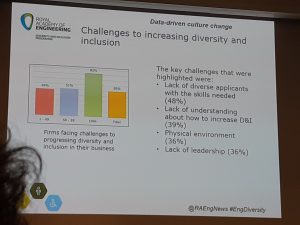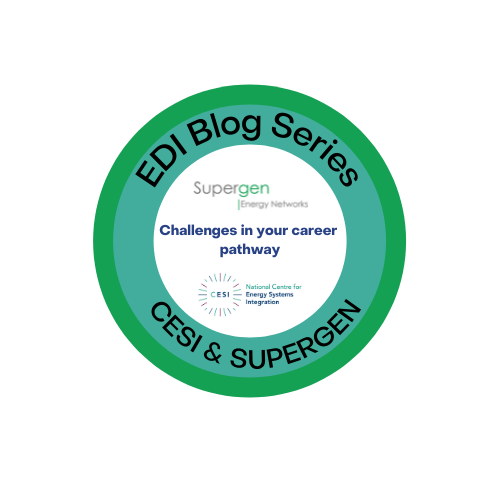
Biography: Dr Amy Stabler is a Senior Lecturer at Newcastle University Business School and Programme Director for the MSc Coaching and Mentoring. Her teaching and scholarship focuses on facilitating postgraduate work-based learners to improve their practice with a particular interest in critical management education.
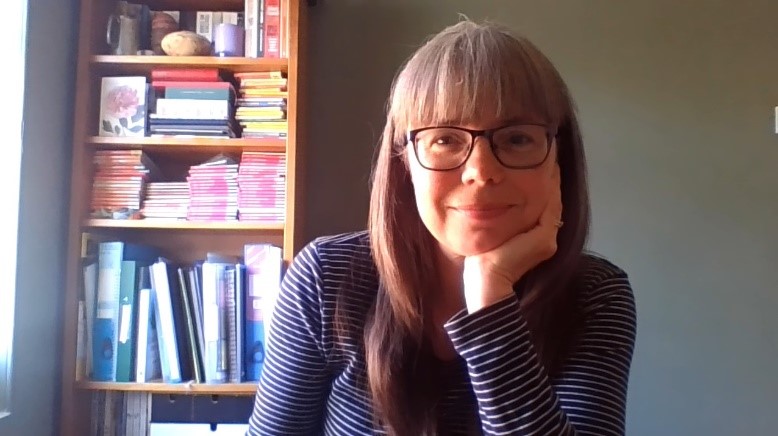
Alongside a couple of my Business School colleagues, I’ve been collaborating with energy researchers since 2019 to learn about and take action in relation to EDI in the energy research community through the EPSRC Supergen program. There is a lot of information about why system change is required to create EDI and you can find some thoughts about that in this earlier blog. I’m going to share some practical insights into how we’ve gone about the process of change to improve our awareness and to take systemic action in the hope that you might pick up something practical to try out.
We began with a workshop to share best practice about tackling unconscious bias, to highlight and increase awareness of our own privilege and to co-create and agree next steps for a continuation of the conversation about EDI for the project.
We used a photo-elicitation exercise to surface each other’s tacit knowledge about EDI and to ensure that everyone in the room got to participate. Images help to evoke felt experiences and draw on metaphorical representations to express ideas (Taylor and Hansen, 2005). One participant chose a picture of a woman exercising to share his thoughts that EDI is like a muscle that needs building and exercising which is a neat metaphor for the process we’ve built together.
The workshop has been followed by periodic action learning set meetings to develop continual learning from the workshop and its application to the project. Action learning is a system of education in which a group of people learn by discussing each other’s practical problems, typically six-eight participants, who meet regularly for around two hours. They tackle real problems using relevant concepts and theory and collectively try out new ideas and behaviours (Raelin, 2019). It works in cycles over time.
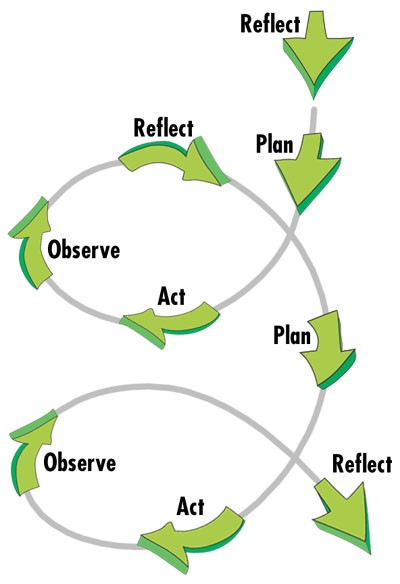
Our aspiration for the action learning sets was to meet at a planned regular time, agree ground rules for ways of operating at the first meeting, share leadership responsibility, pay attention to getting and keeping people involved, and to ensure that participants would take action.
The arrival of the COVID-19 pandemic led to the action learning sets being more fluid than planned but, more importantly, they became a safe place for colleagues to check in with each other: was everyone ok? What challenges were they facing? How could peers help and support each other? There was recognition that some energy researchers in the group were a long way from their home country, and/or living alone and isolated, or juggling childcare and home-schooling. Online meetings allowed participants into each other’s homes and blurred the separation between personal and professional lives. Through this process of crisis and personal sharing of vulnerability, increasing understanding and empathy with each other’s differences emerged.
The action learning sets were formed with the explicit purpose of being a trusting and safe space to explore EDI topics that were uncomfortable or high-risk for participants. In providing a secure space in which to expose vulnerability, the action learning sets have allowed energy researchers to claim difference in themselves and embrace difference in others. In doing so, the researchers have learned to “become comfortable with being uncomfortable” (Corlett et al, 2021, p9) and to encourage and support new behaviours, knowledge and competence into practice. This has included:
- ensuring that a national conference was diverse in its organising committee and presenting participants. Feedback from the conference was positive about diversity and what this brought in terms of learning and there was a diverse delegate mix;
- conducting a survey into the Impact of COVID-19 on EDI, and research, across the EPSRC Supergen program;
- targeting seed-corn research funding calls for PIs to under-represented groups (those identifying as women or non-binary)
Our next areas to explore and develop are becoming everyday active allies, and career sponsorship for under-represented groups (Singh and Vanka, 2020). The action learning cycles continue…
References:
- Corlett, S., Ruane, M., & Mavin, S. (2021) ‘Learning (not) to be different: The value of vulnerability in trusted and safe identity work spaces’, Management Learning, 52(4), 424–441.
- Raelin, J.A. (2019) ‘Deriving an affinity for collective leadership: below the surface of action learning’, Action Learning, 16 (2), 123–135.
- Singh, S. & Vanka, S. (2020) ‘Mentoring is essential but not sufficient: sponsor women for leadership roles’, Development and Learning in Organizations: An International Journal, 34 (6), 25-28.
- Taylor, S.S. & Hansen, H. (2005) ‘Finding Form: Looking at the Field of Organizational Aesthetics’, Journal of Management Studies, 42 (6), 1211–1231.
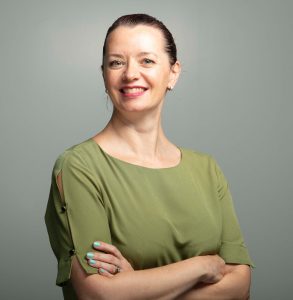 of the £5 million EPSRC funded Supergen Energy Networks Hub. Additionally she is also Associate Director and Co-Investigator at
of the £5 million EPSRC funded Supergen Energy Networks Hub. Additionally she is also Associate Director and Co-Investigator at 